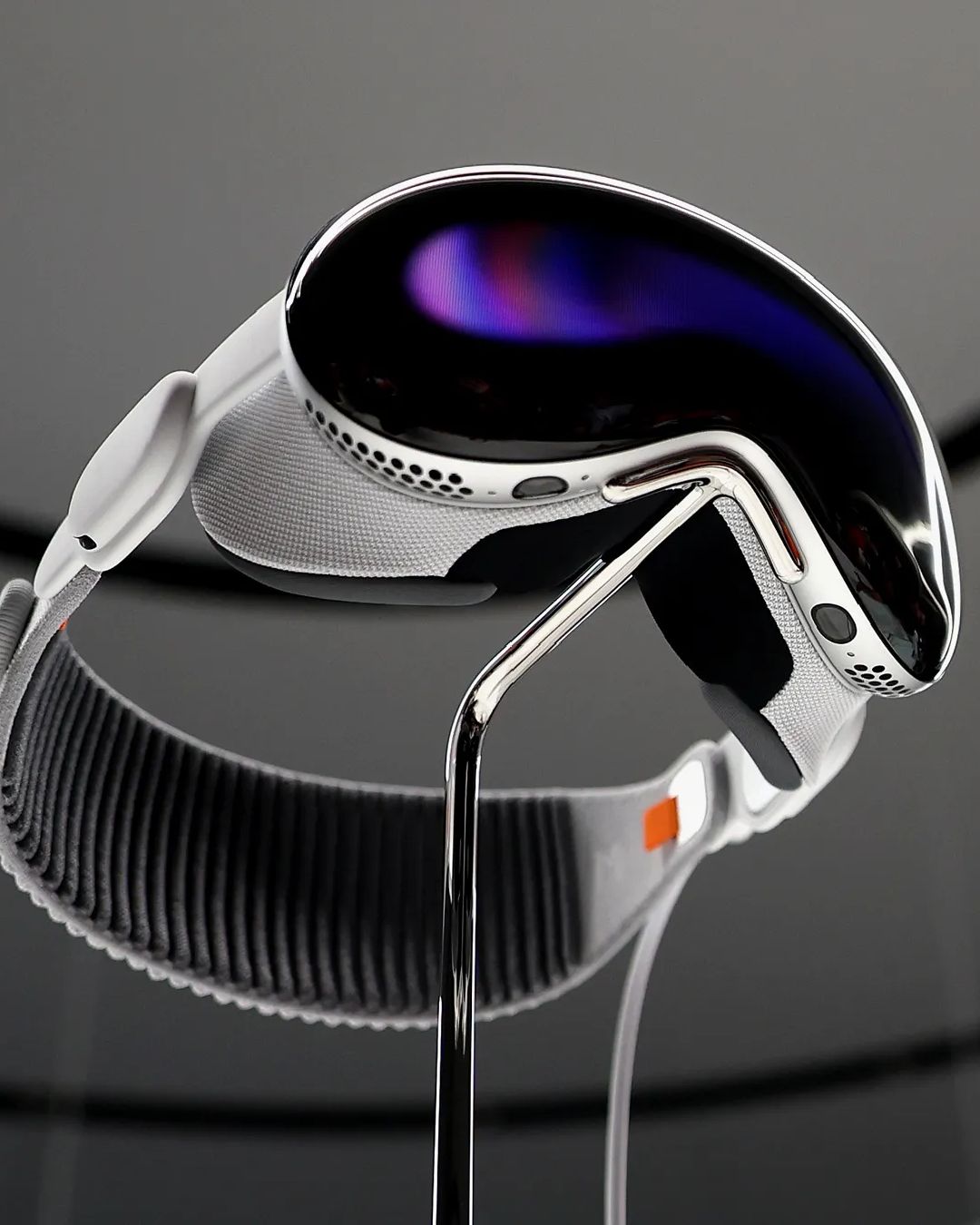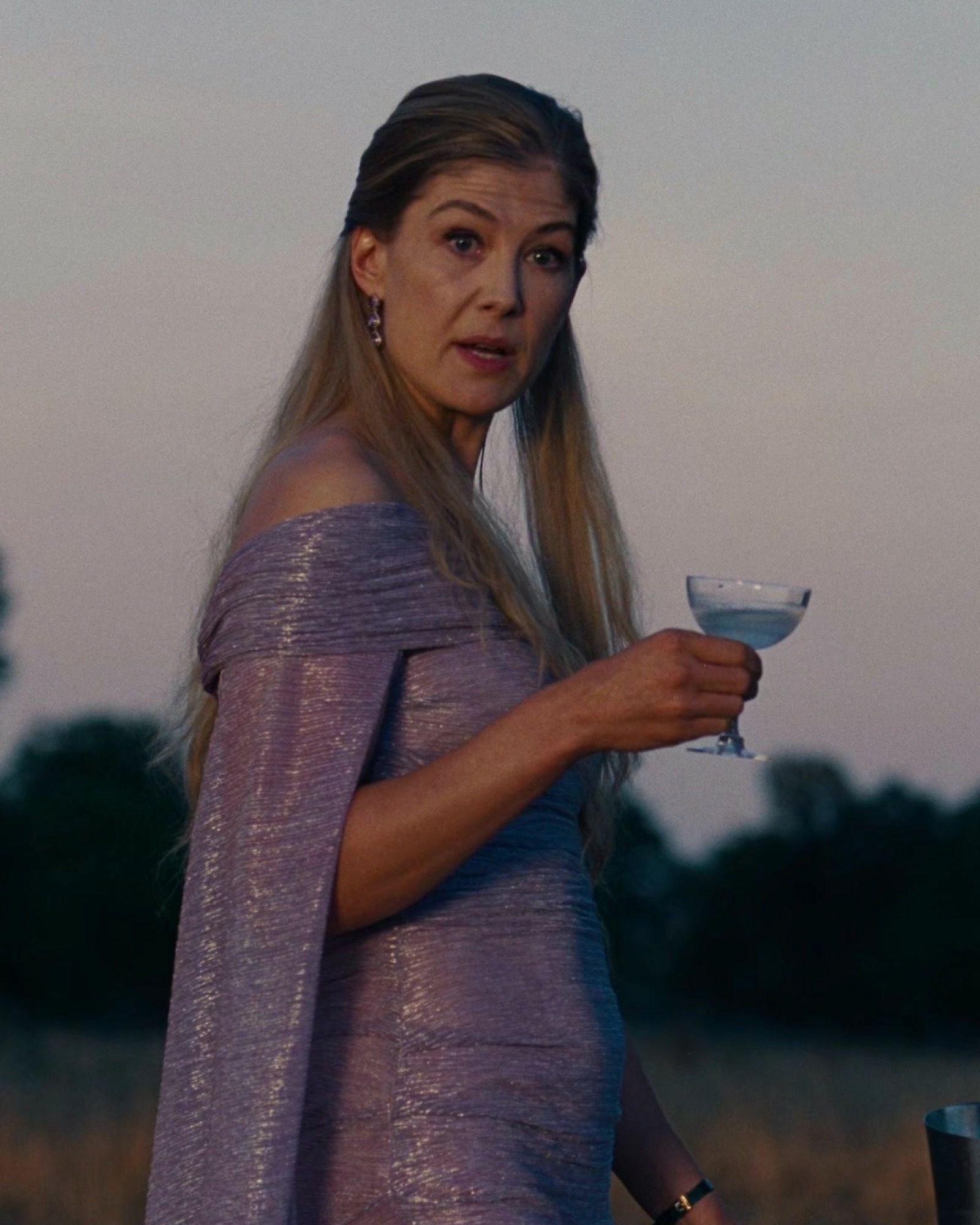
The time has come to turn off store lights at night The energy waste that proliferates before our very eyes
Rising utility bills, the energy crisis, and climate change are new concerns for Europe, which will face a rationalization of consumption this winter that some are already comparing to the famous "austerity" of the 1970s. One such person is Gabriel Meghnagi, president of the association network vie, Confcommercio Milano, who spoke to AGI about how, in the fight against consumption of stores and malls, the hypothesis of turning off the lights that illuminate shop windows all night long: «You may not keep the lights on until 1 a.m., but windows and signs until 11 p.m., especially to ensure street lighting, and the other lights off when you close up store». Meghnagi's words shone a spotlight on one of the most blatant energy wasters seen in Italian cities and especially in Milan: store and office lights on all night. Walking downtown after closing hours, in fact, even beyond the lowered shutters, many stores and public buildings (museums, banks, condominium facades, offices, and shopping malls) leave part of their lighting on twenty-four hours a day, especially storefronts - a habit that may have gone unnoticed in the past that in 2022, amid an energy and climate crisis, represents a completely senseless and avoidable waste.
While a large part of the public identifies unlit storefronts with a gloomy world and hails lit ones as a sign of civility and "normalcy," it remains true that when lights are left on in a building for purely decorative purposes, a very large amount of electricity is actually being wasted. Think of digital screens, billboards lit twenty-four hours a day, store windows of dealerships and real estate agencies to name two random examples or even suburban stores and bars that have lights constantly on. And, speaking specifically of Milan, one only has to take a stroll through the city center or Piazza Gae Aulenti to see how it is not only store windows of all kinds but also entire skyscrapers that are blatantly empty, shopping malls and even inaccessible parking lots that remain on all night. Even in the world of soccer there has been a realization of this wastefulness, so much so that the Lega Nazionale Professionisti Serie A has established that, starting from the fifth day of the Championship, «the time frame of full lighting of the illumination systems of the Series A playing fields be set at a maximum of 4 ore» as Rai News reports. Many have pointed out that the nighttime lighting of storefronts is also about public safety since storefronts also serve to illuminate the streets. But it remains true that in a city like Milan, where municipal lighting is present on every street, even in out-of-town areas where it is less necessary, the public safety repercussion of neon and unlit storefronts is only psychological nor is it the responsibility of merchants to ensure that the streets are lit.
Éteignez la lumière !!!!! pic.twitter.com/QXlZonI7bo
— bil le creusois (@bil_le_creusois) July 9, 2022
The truth is perhaps that, collectively speaking, our entire society has become accustomed to conceiving energy resources as something taken for granted and, above all, infinite. This is not the case: every minute of artificial light corresponds to polluting emissions that are put into the air and energy used for nothing. Waste, in other words, remains waste all the time and the current energy crisis is making us realize this. A 19-point plan to curb consumption has been published in Germany, an initiative that Italian newspapers and Twitter have colored with apocalyptic overtones by talking about "soulless cities," "psychosis," and "energy lockdown." All tragic storytelling played out in the name of despair, deprivation, and distress when in fact limiting consumption is not only responsible but also necessary at a time in history when climate change is increasingly becoming an existential threat. This August, a French activist collective named On The Spot Parkour went viral on the Internet by climbing bare-handed onto storefronts and turning off lit store signs in the same space of time that President Macron was calling on shopkeepers to curb energy waste - at which point Forbes noted that for once the subversive world of parkour athletes and the world of official government agreed on something. It's unlikely that anyone in Milan would independently decide to turn off signs and windows when the store closes - but perhaps it wouldn't take jumping through hoops to realize how much we are polluting (and wasting) in the name of appearances.














































